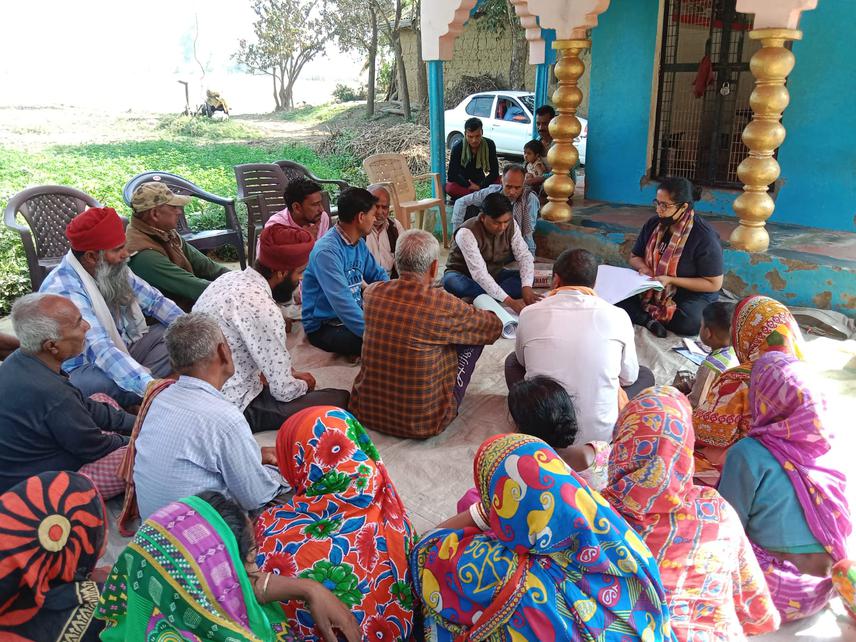Article featuring the project.
Vasavi Prakash
Research on human – carnivore relations, a part of socioecological systems, remains dominated by quantitative methods whereas qualitative methods are less applied. This project focusses on tigers (Panthera tigris), endangered in IUCN Red List. In the last 100 years, numbers of tigers have decreased from 100,000 to less than 4000, tiger range has decreased from 30 countries to 13 countries and some tiger subspecies have gone extinct. There are less than 4000 wild tigers and India has done a successful job of conserving tigers, having nearly 3000 wild tigers.

However, India has an expanding human population which has led to increasing human - tiger conflicts in the recent times. This project focusses on trying to understand the drivers and their relationships that cause human - tiger conflicts. Participatory modelling and fuzzy logic cognitive mapping (mental modeler software) will be used to understand the inter-relationship of drivers of human – tiger conflicts in the villages surrounding Pilibhit Tiger Reserve, India. This research will help to design conservation actions/interventions both in short term and long term and policy to effectively mitigate human - carnivore conflicts.